Rubber tire compounding is a complex process that requires careful selection of materials to achieve the desired performance characteristics. We have discovered that our SHR-86 series of C5 hydrocarbon resins is a key ingredient that can significantly improve this process. Known for its excellent compatibility with rubber polymers, this resin has become a popular choice for enhancing the performance of rubber tires. In this blog, we will explore the benefits of using the SHR-86 series of C5 hydrocarbon resins in rubber tire compounding and its impact on tire performance.
The C5 hydrocarbon resin SHR-86 series offers several advantages that make it ideal for rubber tire compounding. First, it acts as a tackifier, improving the bond between the rubber and other ingredients in the tire compound. This results in better adhesion and reduced rolling resistance, which improves fuel efficiency and extends tire life. In addition, the SHR-86 series of resins enhances the processing properties of rubber compounds, improves their flow and reduces processing time during tire manufacturing.
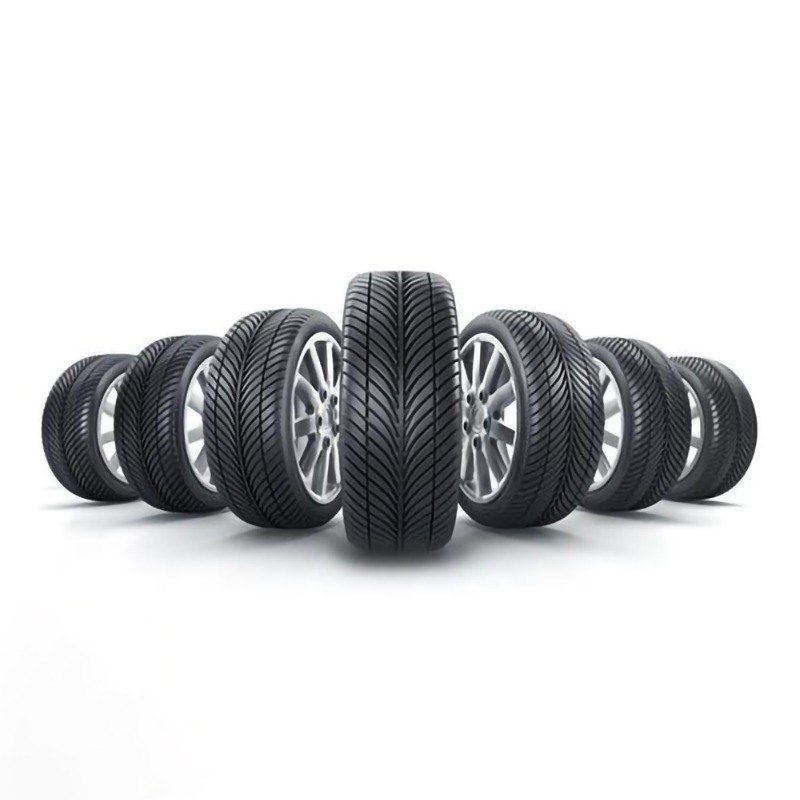
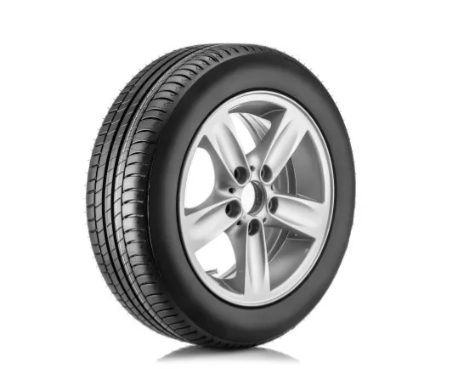
In addition, the SHR-86 series of C5 hydrocarbon resins provide excellent reinforcement to rubber compounds, thereby improving mechanical properties such as tensile strength, tear resistance and abrasion resistance. This makes the tire more durable and perform better in a variety of road conditions. The resin also helps improve the dynamic properties of the rubber, providing better grip and traction, which is critical for safety and handling in wet and dry road conditions.
Another major benefit of using the SHR-86 series of C5 hydrocarbon resins in rubber tire compounding is the ability to improve the aging properties of the rubber compound. This helps extend the life of the tire, making it more resistant to degradation caused by environmental factors such as heat, ozone and UV radiation. As a result, tires made with SHR-86 series resins can maintain their performance and appearance longer, ultimately reducing the need for frequent tire replacements.
In addition to its performance advantages, the SHR-86 series of C5 hydrocarbon resins is also known for its environmental benefits. The resin is non-toxic and has low volatile organic compound (VOC) emissions, making it a sustainable choice for tire manufacturers. In addition, using SHR-86 series resins improves fuel efficiency and extends tire life, helping to reduce carbon emissions and overall environmental impact.
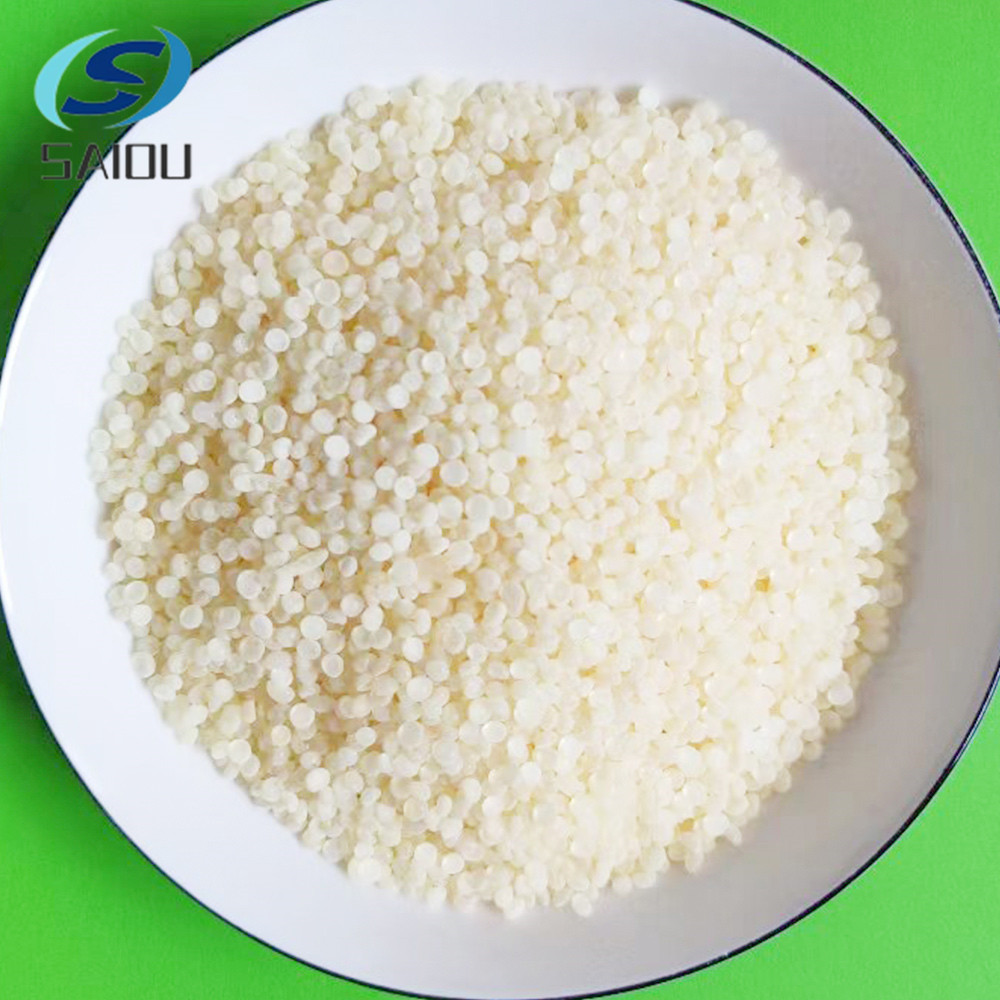
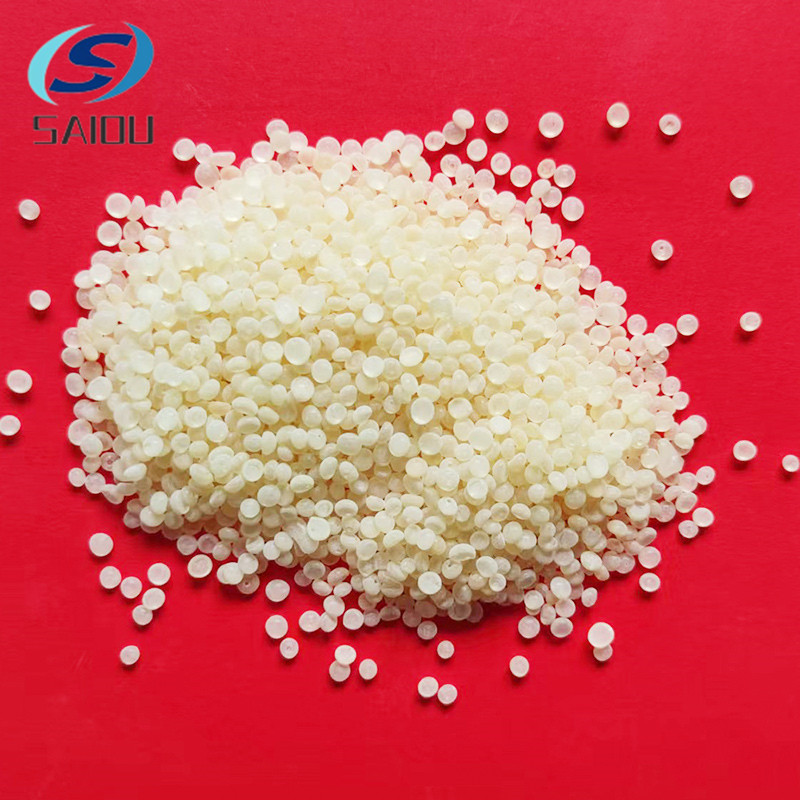
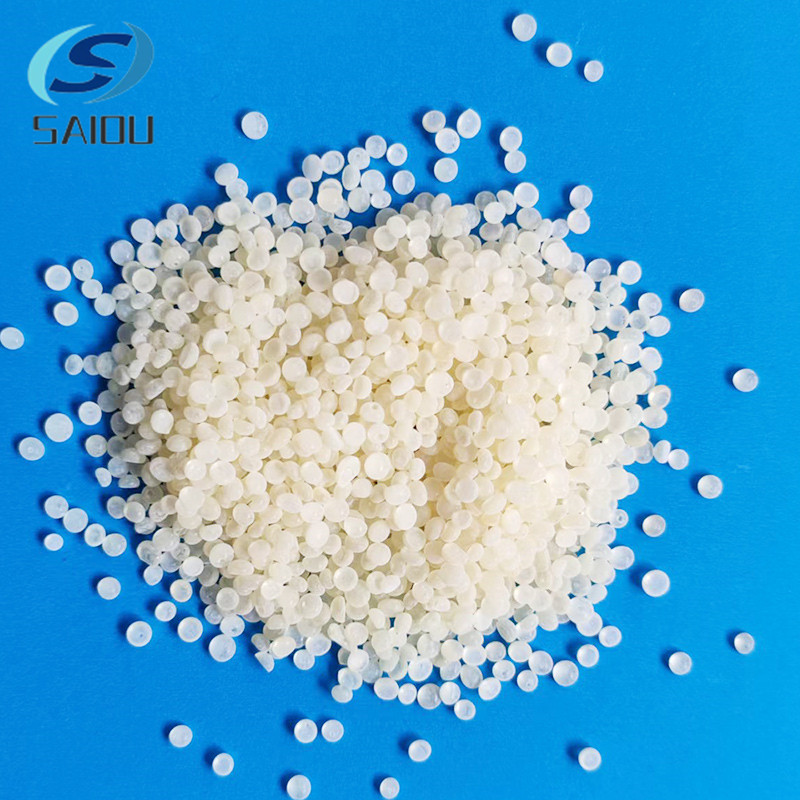
In summary,Rubber C5 Hydrocarbon Petroleum Resin offers a range of advantages for rubber tire compounding, from improved performance and durability to environmental sustainability. Its compatibility with rubber polymers and its ability to enhance a variety of properties make it an important ingredient in the production of high-quality tires. As the demand for high-performance and sustainable tires continues to grow, the use of SHR-86 series resins is expected to become more common in the tire industry. With its proven track record and numerous advantages, the SHR-86 series of C5 hydrocarbon resins are clearly an indispensable ingredient for reinforced rubber tire compounds.
Post time: Dec-28-2023

